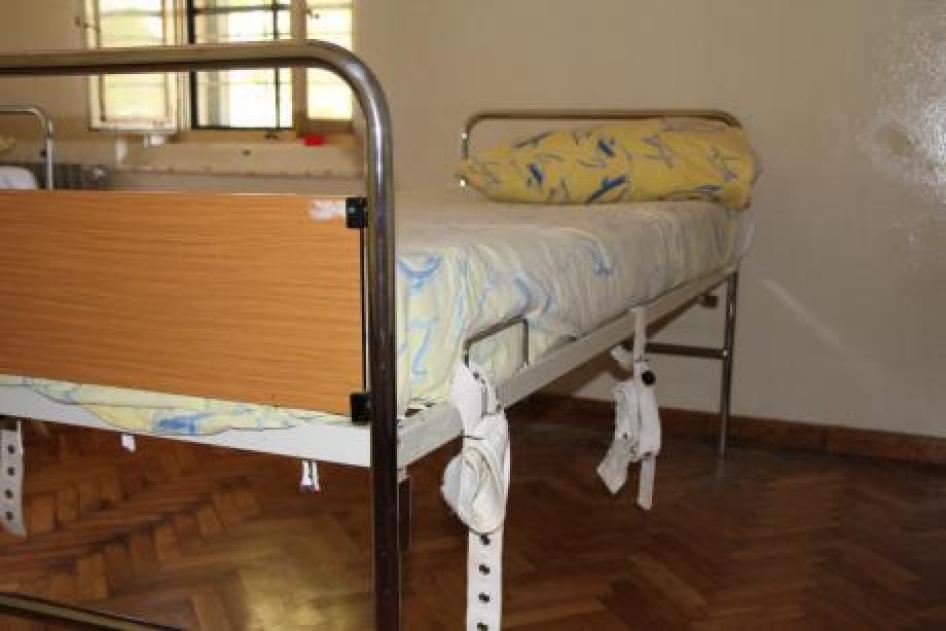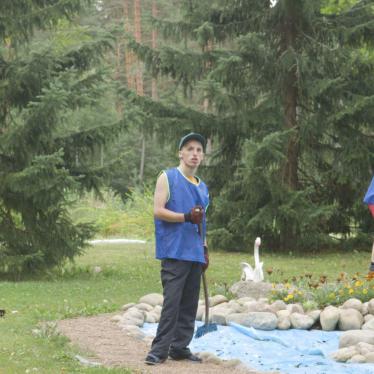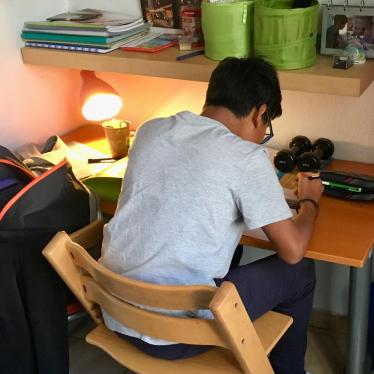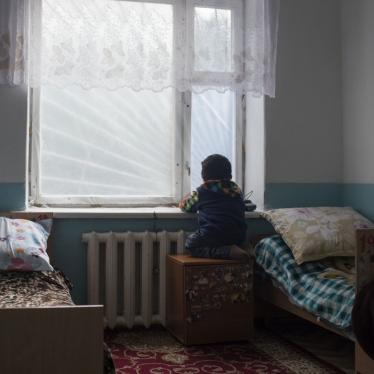On December 3, the world celebrates the International Day of Persons with Disabilities. That includes Croatia, where the Zagreb city authorities are sponsoring an art exhibition and concert, and the city of Krapina will host a walk to raise awareness about disabilities. But for many people with disabilities in Croatia, it will be just one more day spent trapped and segregated from their communities in institutions across the country.
Ivan, a 34-year-old man with a psychosocial disability, has lived in several different institutions since he was 9. Maja, a 41-year-old woman with an intellectual disability, told me in 2014 that she had lived in an institution since “I was a little girl.” Across Croatia, 9,800 other adults and children with intellectual and psychosocial disabilities are denied the right to a life in the community.
A decade has passed since Croatia ratified the UN Convention on the Rights of Persons with Disabilities, an international treaty that prohibits the detention of people simply on the grounds of their disability and upholds the right of all people with disabilities to live independently in the community, with choices equal to those of others.
Although the EU allocated European Structural and Investment Funds to replace 18 institutions in Croatia with community-based and inclusive services, to date, according to official figures, the government has used the funds for the transformation of just five institutions.
The government has yet to adopt a new Operational Plan for Deinstitutionalization. The old one expired in 2016.
In October 2018, five disabled people’s and human rights organizations, including Human Rights Watch, sent a letter to the Croatian Prime Minister Andrej Plenković, urging him to end the confinement of children and adults. We have yet to receive a response.
People with disabilities in Croatia shouldn’t have to wait any longer to exercise their fundamental rights. As an EU member state, Croatia should fully meet its obligations under the disability rights treaty to respect the rights of everyone who has a disability to live independently in the community. The government should support and invest in community-based services to empower and support people with disabilities. Only then can people with disabilities in Croatia fully join the celebration.










